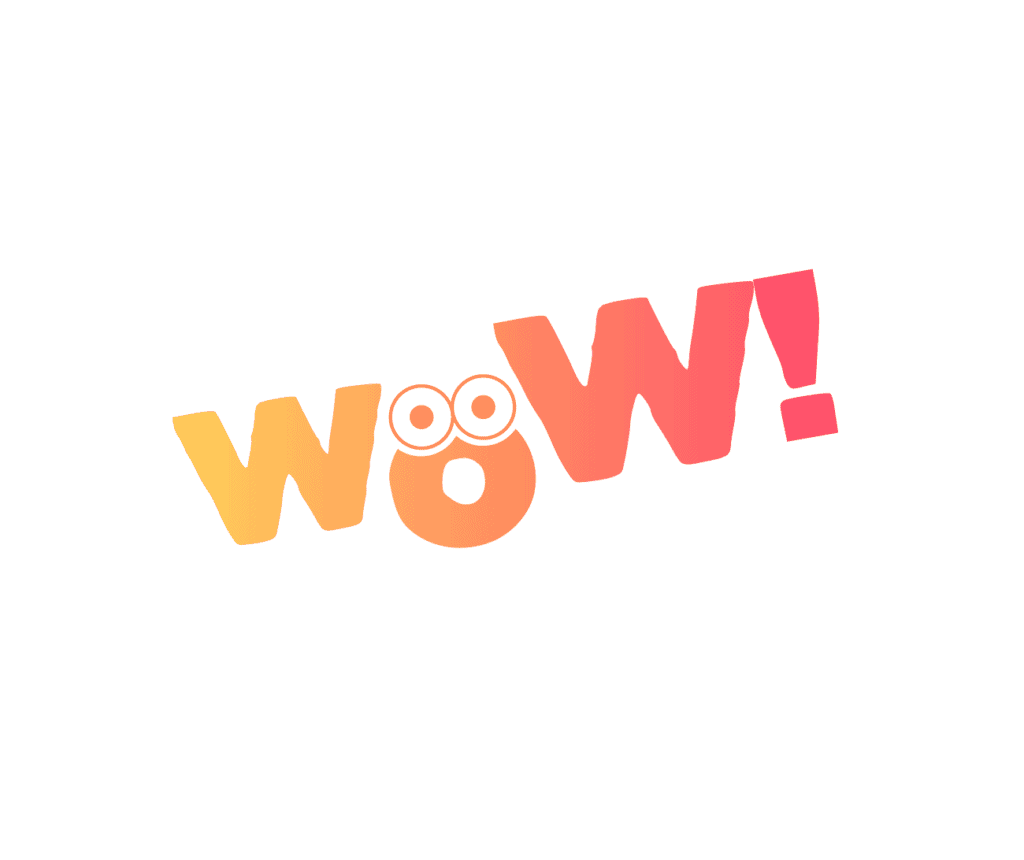
Podcast transcript, Oct. 15, 2020
A – Hello and welcome to WoW!, the positive podcast! Showing kids that there’s a lot more to the world news than bad news.
I’m Alastair. As a journalist, I’ve often written about things going wrong. But people also need to know too about what’s going right.
This week, with Clarisse, I’m going to be doing some chopping…
[SOUND EFFECT – SCISSORS CUTTING]
MUSIC
A – Hello Clarisse!
C – Hello Alastair! So we’re back in the kitchen again today? More school lunches?
A – No, Clarisse, we’re not talking about that kind of chopping this week! Actually, we’re back on a subject we last talked about back in January. Do you remember Helen, the American girl who had a terrible disease – sickle cell anaemia?
C – Yes, Alastair. Something to do with her blood – and she was cured. So is there news about Helen this week?
A – Well, no the only news about Helen this week is that she’s still doing really well by the look of her big smiles on Facebook. You remember she was in a lot of pain because of SCA, the most common of all the diseases that we get from our genes – what we inherit from our parents along with things like the colour of our hair or the shape of our nose. Helen had a problem with her blood – we all make blood cells that are round like doughnuts. But Helen was also making blood that had ‘sickle cells’ – shaped like bananas. But she was treated with a new kind of gene therapy and it worked. No more bananas! Helen’s still doing great. So that’s good news, but of course not really a news headline. The news is about the scientists who invented tools that can help cure people like Helen – they’ve just won the Nobel Prize for Chemistry.
C – Ah, yes, it’s the time of year for the Nobel prizes. But I still don’t see what this has to do with chopping. Did Helen have an operation?
A – Well, again Clarisse, it’s not about that kind of chopping either. Helen didn’t have the kind of surgery where doctors cut something in our body. You see this year’s prize went to two women who invented what they call “genetic scissors”.
C – Genetic scissors? Are they very small?
A – Ha, well you could say that, Clarisse. They’re microscopic. In fact, these ‘scissors’ are not at all like scissors we might use at home. They’re in fact chemicals that work on the tiny threads of particles that we call our genes. The scientists who invented these scissors had noticed that some bacteria, tiny microbes, had a way of protecting themselves against viruses – another kind of bug, like the ones that give us colds and flu. And they discovered that they could use this natural mechanism to do all sorts of clever things with the genes – or what we call the DNA – of people, animals and plants. It’s called CRISPR.
C – Crisper? Like potato crisps?
A – Er no, Clarisse. This isn’t about chopping potatoes! CRISPR is an acronym – that means it’s a word made up letters. In this case C R I S P R. It stands for Clustered Regularly Interspaced Short Palindromic Repeats. You can see why it’s easier to call it CRISPR!
C – OK, so CRISPR can help cure people like Helen?
A – Pretty much. There are other ways of ‘editing’ genes. But the invention of CRISPR just a few years ago has created thousands of projects and possibilities, for curing diseases, including cancer, and also sorts of other uses. That’s why these scientists have had such a huge impact.
C – Wow. Amazing. And you said it was two women who invented it?
A – That’s right, Clarisse. Now, these days, that seems a bit ‘so what?’, doesn’t it. Lots of scientists are women. So what? But it hasn’t always been the case and for a long time it was really hard for girls who like science to feel that they could have a career in it.
C – Exactly Alastair. So it’s quite special that these women are winning the Nobel prize.
A – Yes, Clarisse, it’s something we should notice in the news. These two women cooperated on the research – Emmanuelle Charpentier, who’s French but worked mainly in Sweden and now in Germany, and Jennifer Doudna, who’s American. That seems normal today but you can see there’s been a big change.
C – A big change for women scientists?
A – Yup. There are three Nobel science prizes, in physics, chemistry and medicine. They’ve been around for 120 years. In that time 624 people have won one. Do you know how many of them have been women?
C – Less than half, I’m sure!
A – Yeah a lot less than half. Just 23. 23. That’s less than 1 in 25.
C – That’s terrible.
A – It is pretty terrible, Clarisse. It shows that, for a long time, women didn’t or couldn’t go into science easily. And those that did, well, they weren’t given prizes. But here at least there’s some good news. Of those 23 women to win Nobel science prizes in the last 120 years, more than half of those – 12 – have won in the past 20 years. Six of those won in the last 5 years. And this year there were 3 women winners in science out of 8. So you see the trend. It reflects the fact that now, it’s totally normal for girls to do science. And the people who give out prizes are also making sure that they get properly recognised when they’re brilliant.
C – Women rock!
A – You said it Clarisse! But actually do you know who also said ‘women rock’? Jennifer herself, when she heard that she and Emmanuelle had won the Nobel.
C – Ah so I have something in common with a Nobel prize winner!
A – I’m sure you have many things in common, Clarisse! But yes Jennifer went on to say that the prize showed that “women can do science”.
C – I think it’s fantastic that everyone, girls and boys, feels they can do what they want in life. And to do something that really helps other people, like Helen.
A – Well said, Clarisse. Jennifer and Emmanuelle’s work goes on, but so does the work of thousands of other scientists and doctors who are looking for ways to help people with CRISPR techniques. There are even some using it to fight coronavirus. But those ideas will have to wait for another episode!
C – It’s been really interesting to hear about the Nobel prize, Alastair. And CRISPR! Until next time, see you!
A – Thanks, Clarisse. Talk soon, take care.
And thank you all for listening. If you’ve enjoyed this podcast, do share it with a friend. If you want to find out more about gene therapy and genetic scissors, visit our website at wow dash news dot eu. That’s all for this week. I’m Alastair and I’ll be back with more inspiring solutions next week. Until then, be positive!

